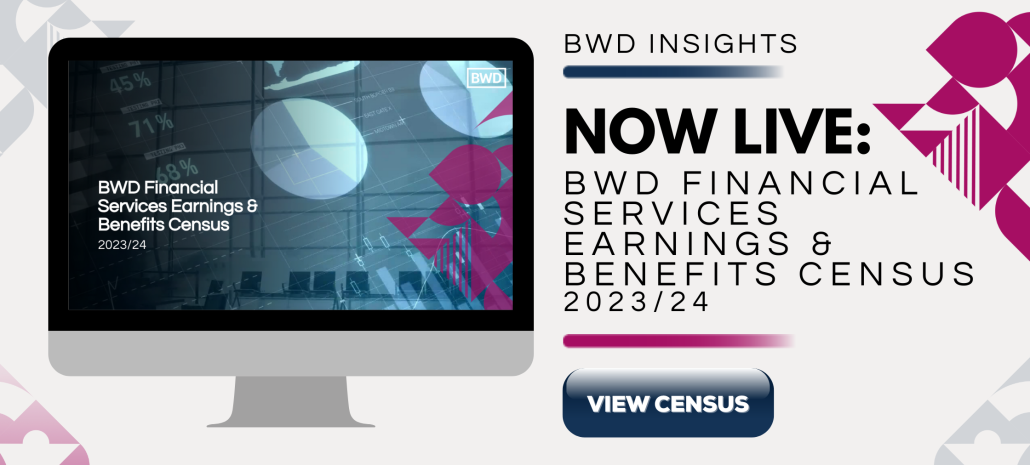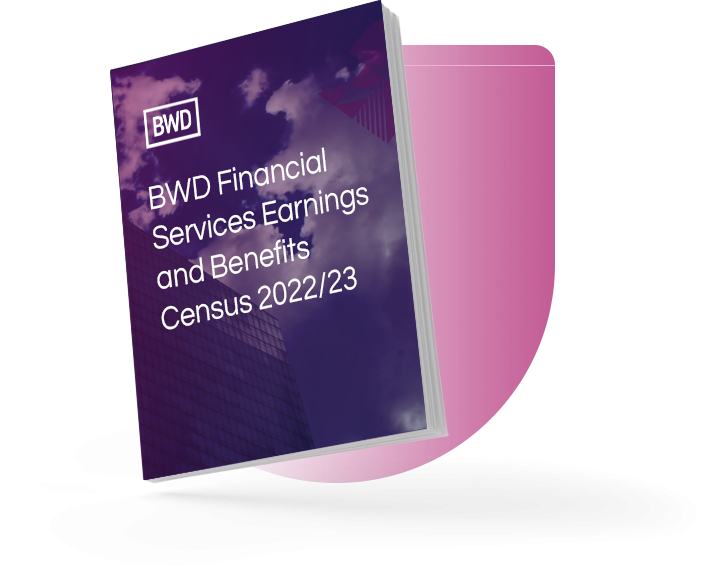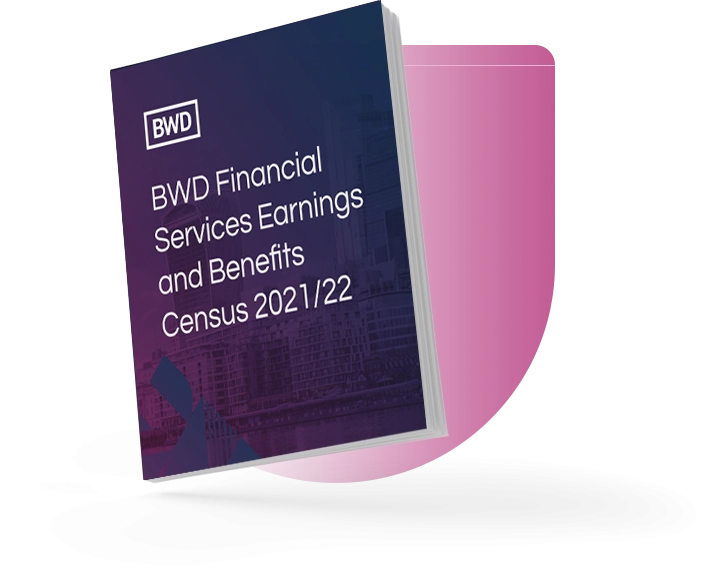Bonuses are an intrinsic part of our working culture: that is an indisputable fact. The harder we work, the more we achieve, the more impressive our performance; the more money we get. More work = more money. Better work = better money. Right? Right.
But what if we're wrong? What if there's a very high likelihood that we're wrong? In fact, what if science is telling us that we're, plain and simple, tragically wrong? It seems that in the puzzle of human motivation, financial incentives play an incredibly deceptive role.
More than deceptive, studies are now showing that they are detrimental to employee performance, and compromises the quality of their work. Because while bonuses encourage performance, they do so at a cost. Employees will value the reward, there is no doubt about that: but there is no guarantee that they will follow the most ethical path to achieve it. It is, after all, human nature to justify our own behaviour (however immoral that might be) when we are striving to achieve a reward that we really value. Individuals will be willing to cross ethical boundaries and trample on people’s feet in order to achieve what they feel is rightfully theirs.
Because there is indeed a very big risk that employees will stop seeing financial incentives and bonuses as what they are (a reward), and start seeing them as something that is rightfully theirs. Researchers carried out in 1970 a study in which participants were encouraged to play games with no purpose other than fun. The researchers then began incentivising success through rewards. And here's the twist: the moment that they stopped providing these rewards, the participants stopped playing.
This study illustrates to perfection what the risks for businesses who rely too heavily on extrinsic motivation, and monetary extrinsic motivation in particular, are. And here's the key to the matter: motivation needs to come from within the individual for it to be truly effective; it must be intrinsic, and not extrinsic.
Motivation needs to come from within the individual for it to be truly effective; it must be intrinsic, and not extrinsic.
Research has shown, time and time again, that what pushes most individuals forward is a desire for self-fulfilment, a drive to realise their full potential. This may be hard to believe for some (particularly in the Financial Services arena), but the satisfaction of doing well is enough motivation for most individuals. The thought of a challenge, and achieving it, is enough for most individuals.
It is up to employers to help individuals find this intrinsic motivation. To take time to get to know the members of their team and understand what it is exactly that makes them want to push forward. Assuming that everyone is motivated by financial incentives contingent upon performance is an unforgivable error.
We now know that what truly motivates employees is autonomy (a greater sense of responsibility for their work will help them put in the extra time and energy), mastery (developing their own skills and expertise, or, in other words, a new challenge) and a sense of purpose; working towards something bigger than themselves.
It would be wrong not to acknowledge that the industry is, however, moving in the right direction. In our annual Salary Census for 2017 (available at http://www.bwd-search.co.uk/b) we noted that KPI/ScoreCard bonuses seem to be on the decline, favouring discretionary bonuses, which have risen in popularity and implementation in Financial Services from 46% in 2013 to 66% in 2017.
2017 saw an overall sharp decline in the amount paid through bonuses, and an encouraging increase in salaries across the board.
This trend was further cemented when analysing the bonuses received by occupation: 2017 saw an overall sharp decline in the amount paid through bonuses, and an encouraging increase in salaries across the board. The average bonus among Employee Benefits Consultants dropped from £12,238 to £7,605 (2017) in the space of a year. Among Compliance professionals, the average bonus decreased from £7,431 to £4,891 in the same time period.
Perhaps the biggest force behind this decline is the industry's regulator: the Financial Conduct Autority. Now, more than ever before, firms in Financial Services are required to have procedures in place to locate risks posed by their remuneration policies (as well as procedures to mitigate such risks.)
It is certainly encouraging to see the FCA recognise the dangers of focusing excessively on the financial incentive behind the sale, at the expense of the customer and quality of the business transaction. The regulators acknowledge that incentives of this nature put staff under considerable pressure to achieve targets at any cost, and even go as far as to criticise common practices such as setting quarterly targets with salary reviews, offering cash prizes to top performers, and having team score boards that pit colleagues against each other.
The FCA acknowledges that incentives of this nature put staff under considerable pressure to achieve targets at any cost
Here at BWD we remain hopeful that a change of mentality is on the horizon: a move towards encouraging and motivating employees not through hefty bonuses that eventually lose all of their meaning (and any effect they intended to cause), but through finding what really drives individuals forward.



.png?r=a2-s1030.465-o)

